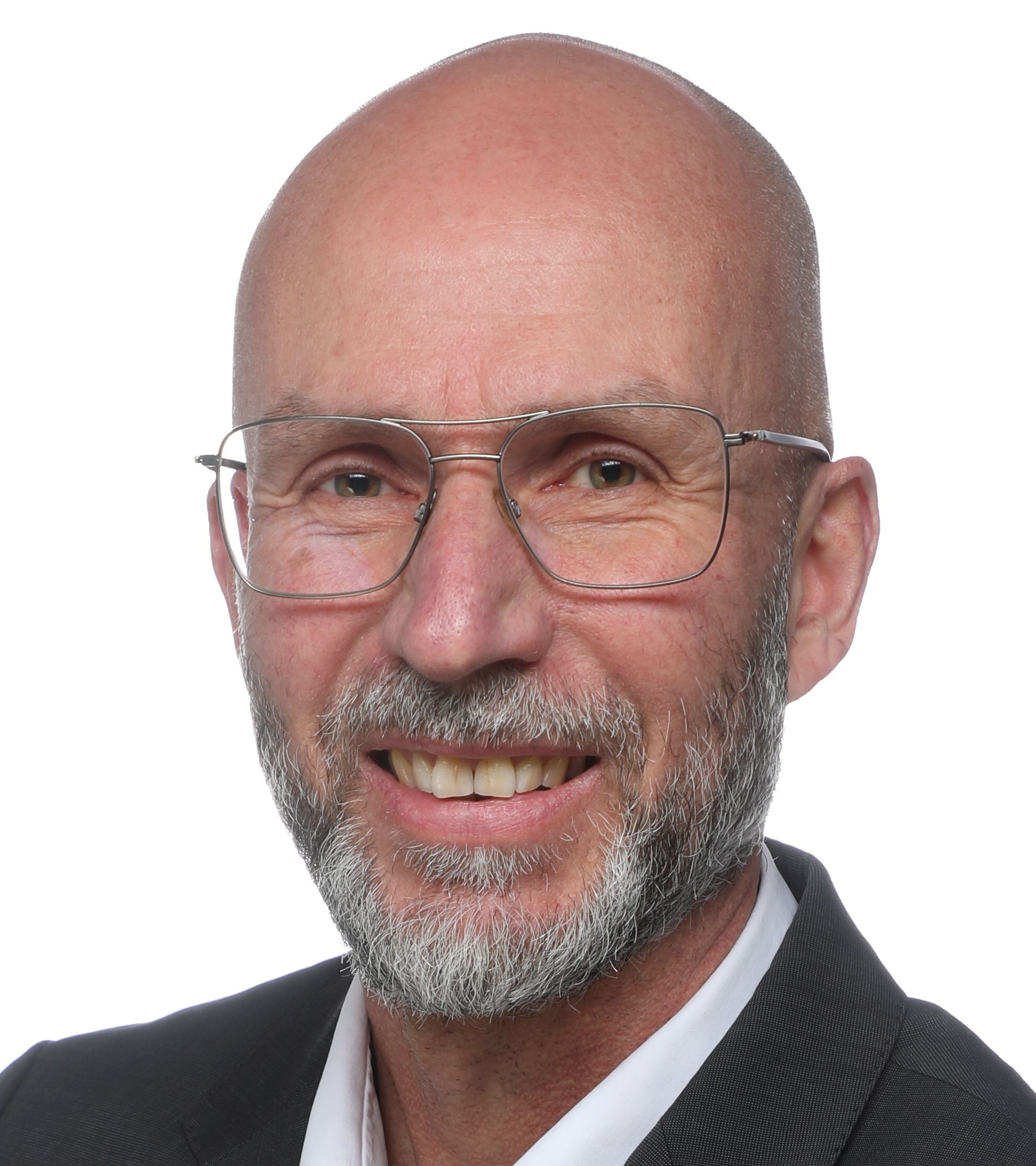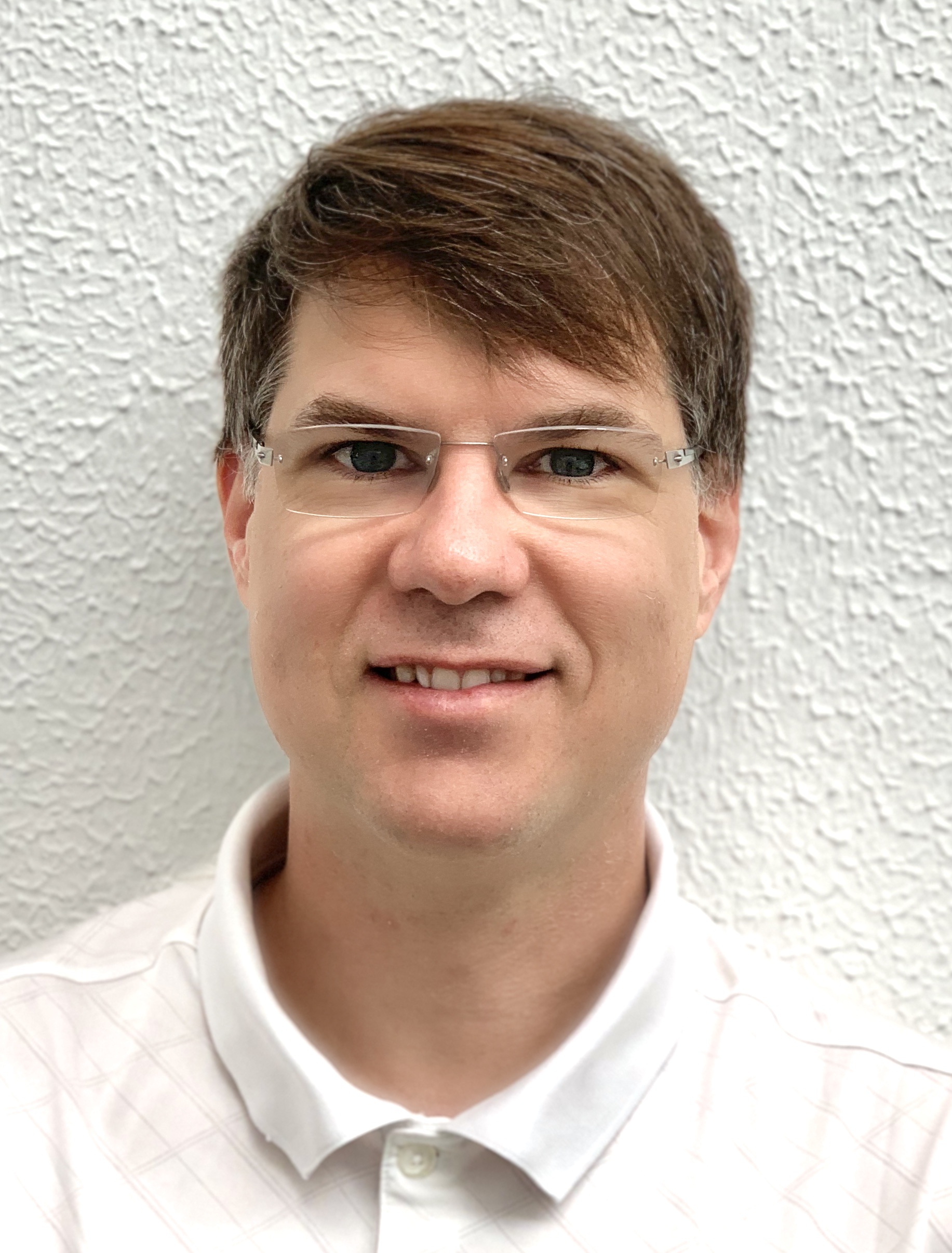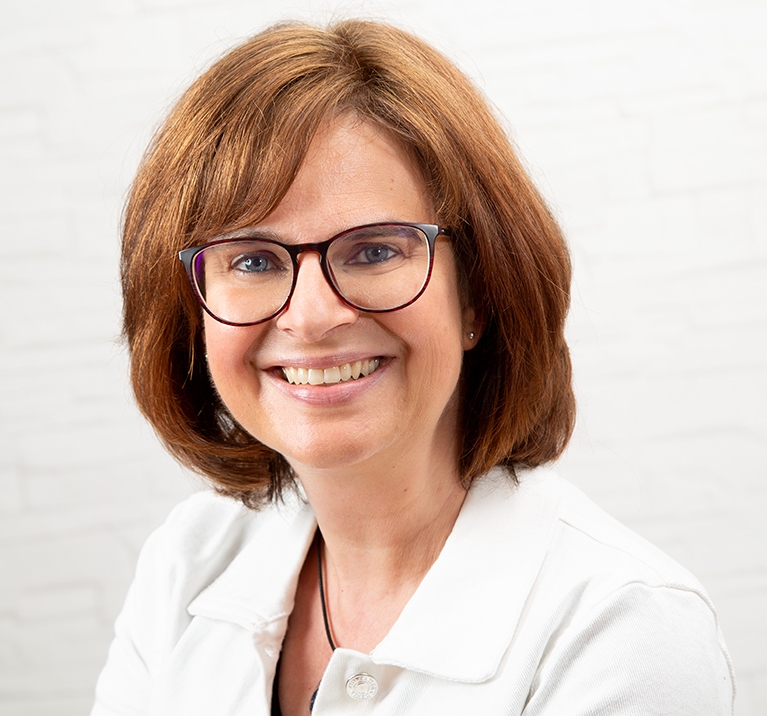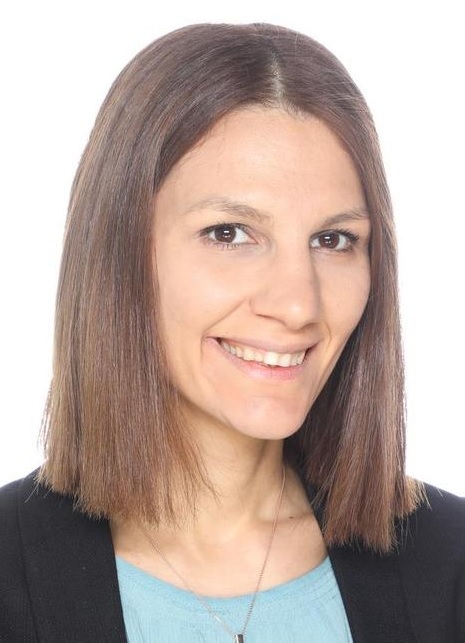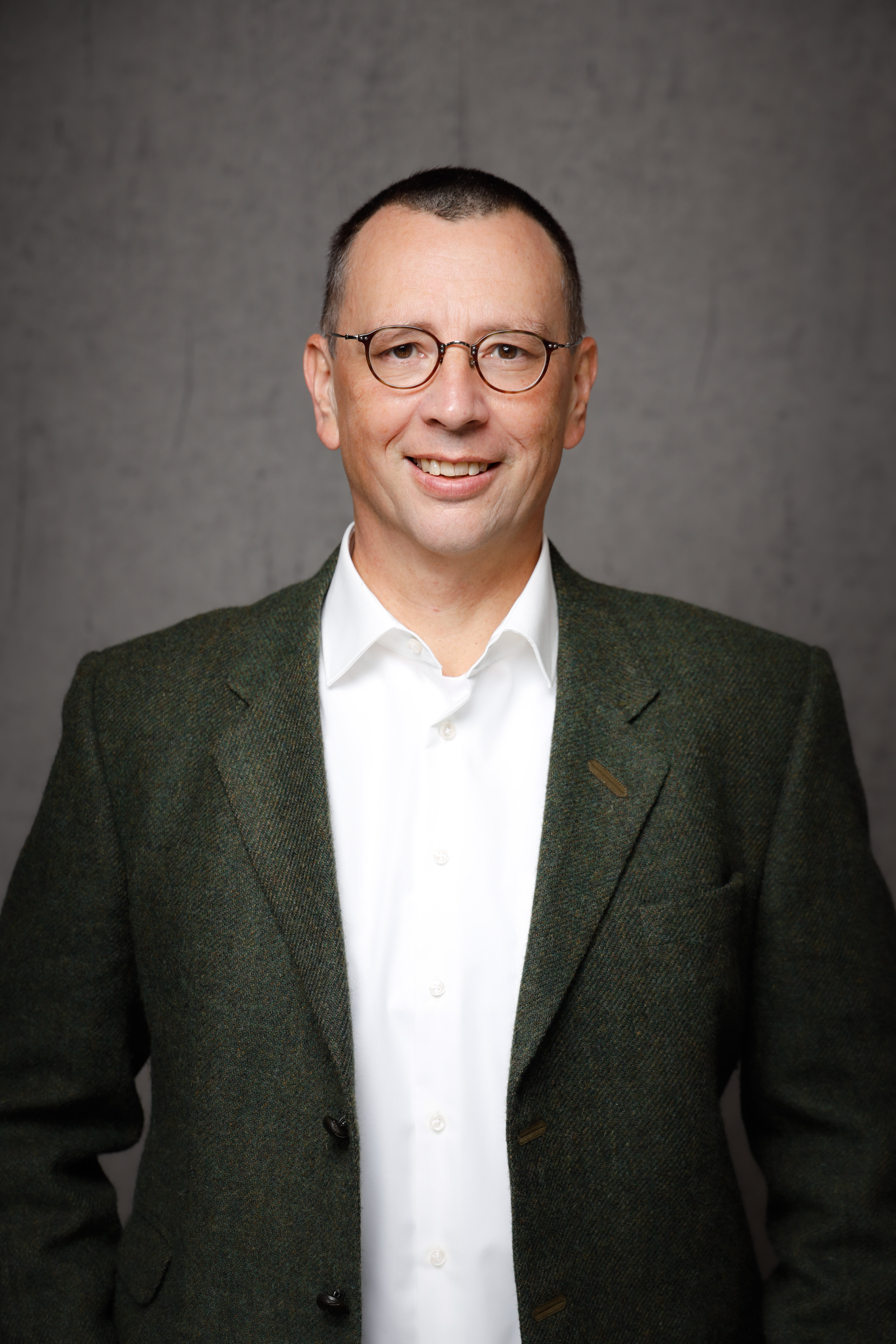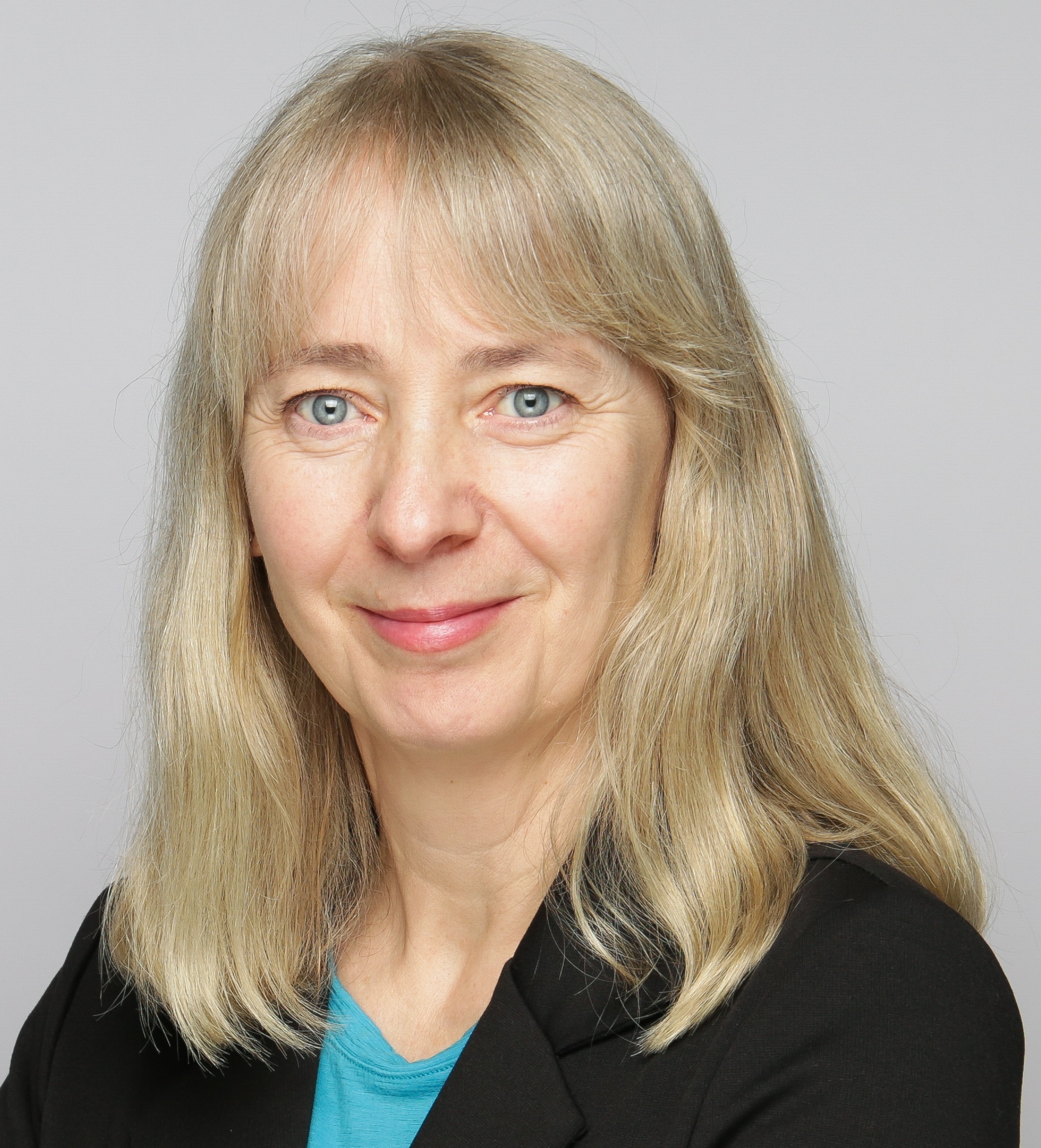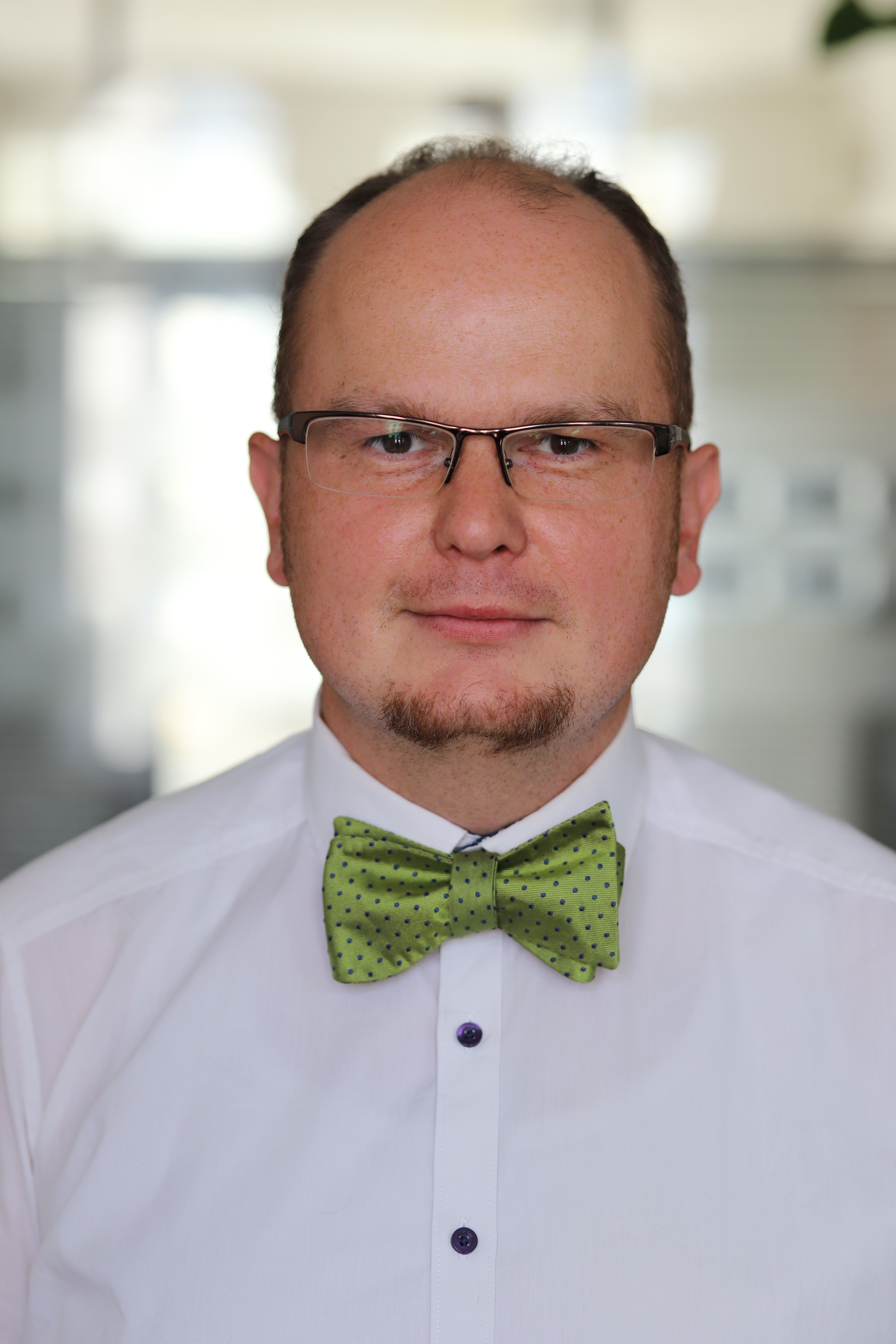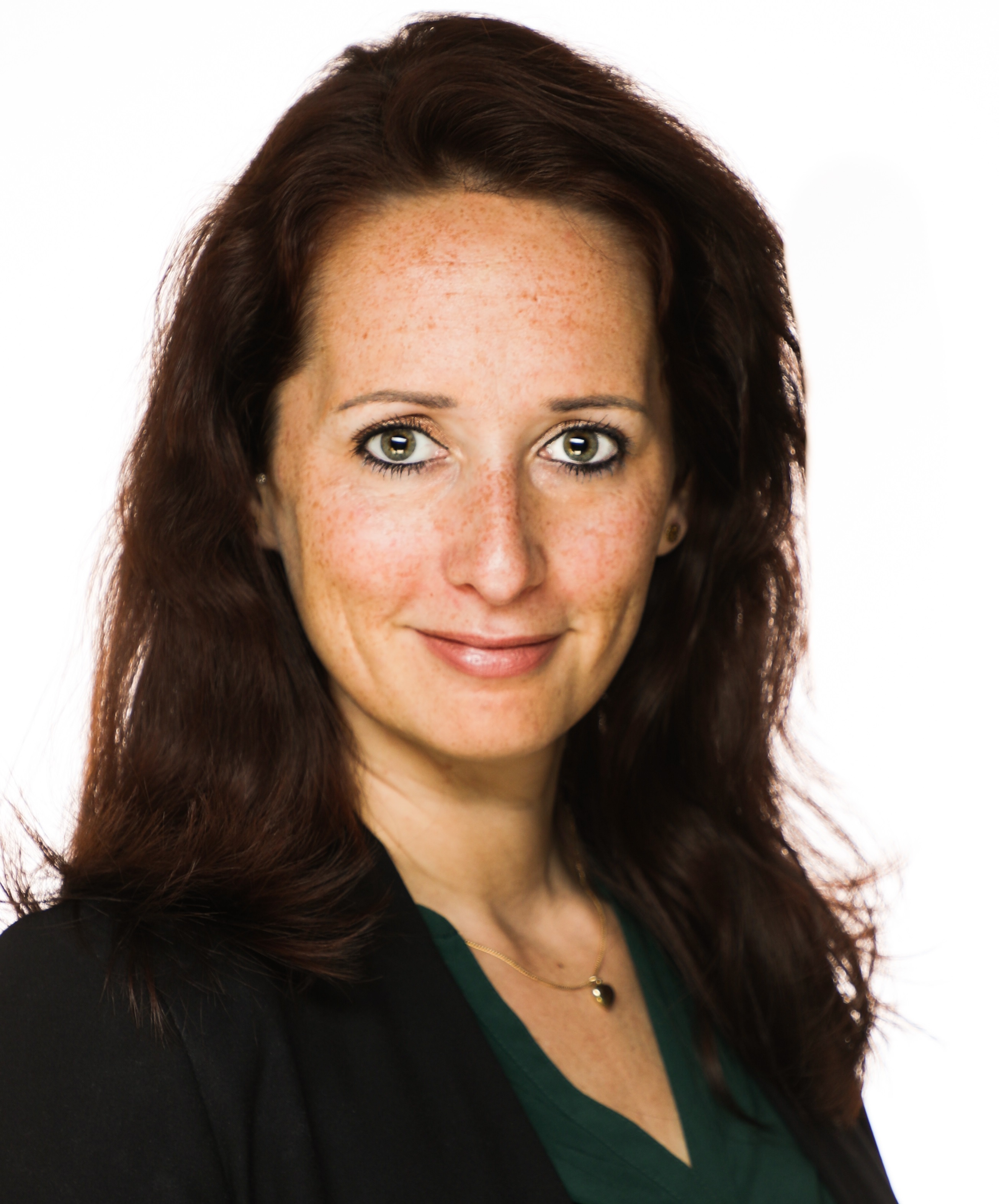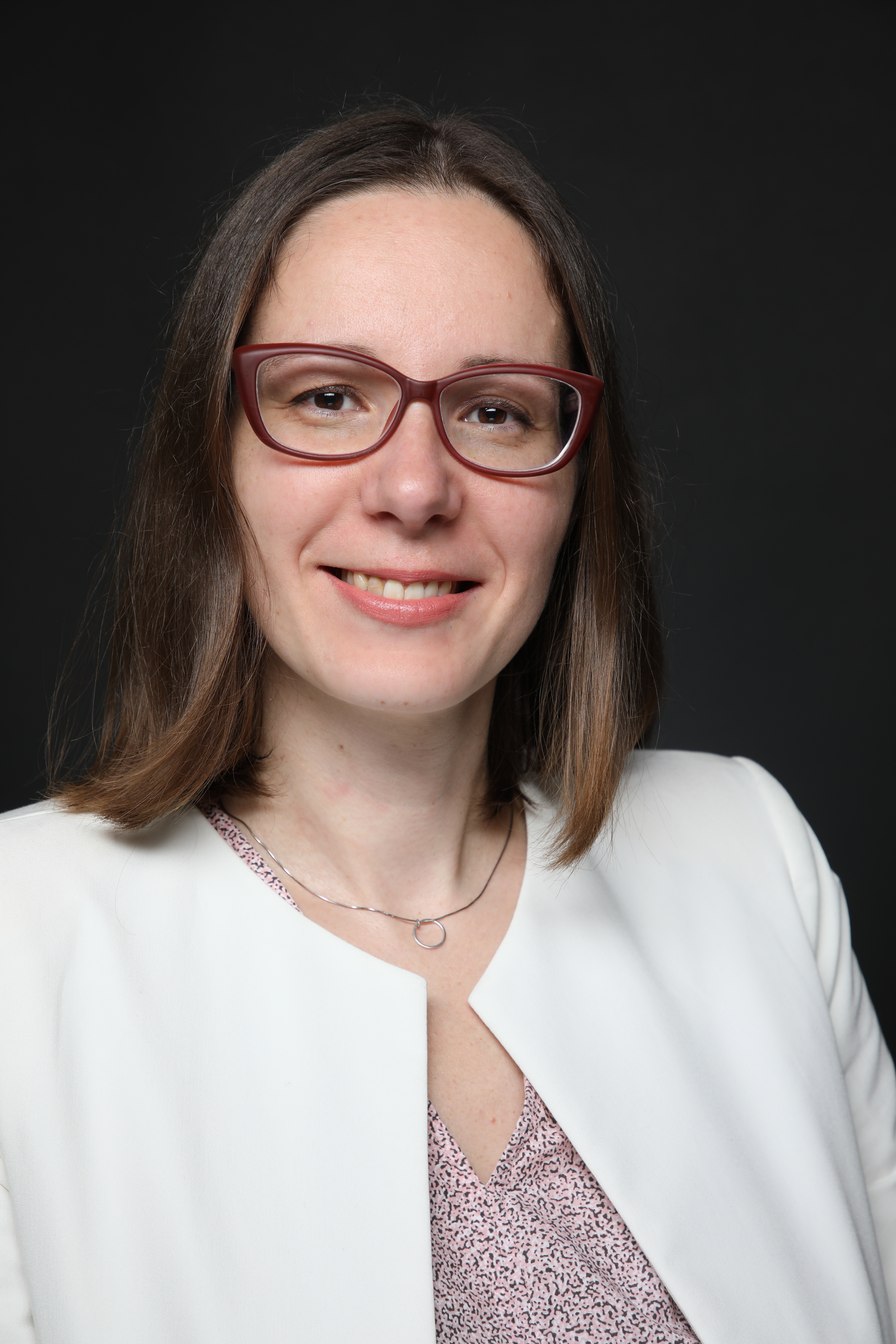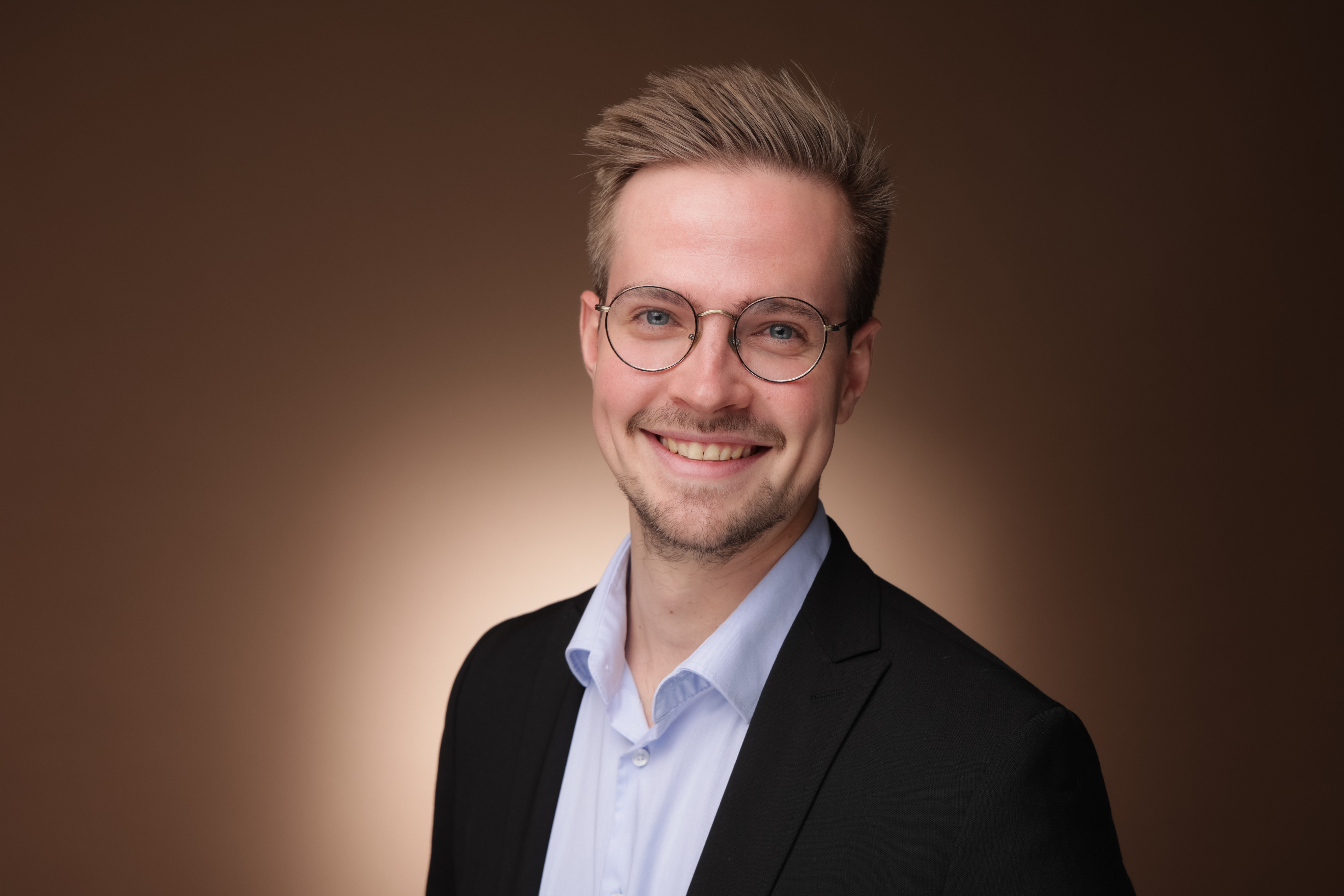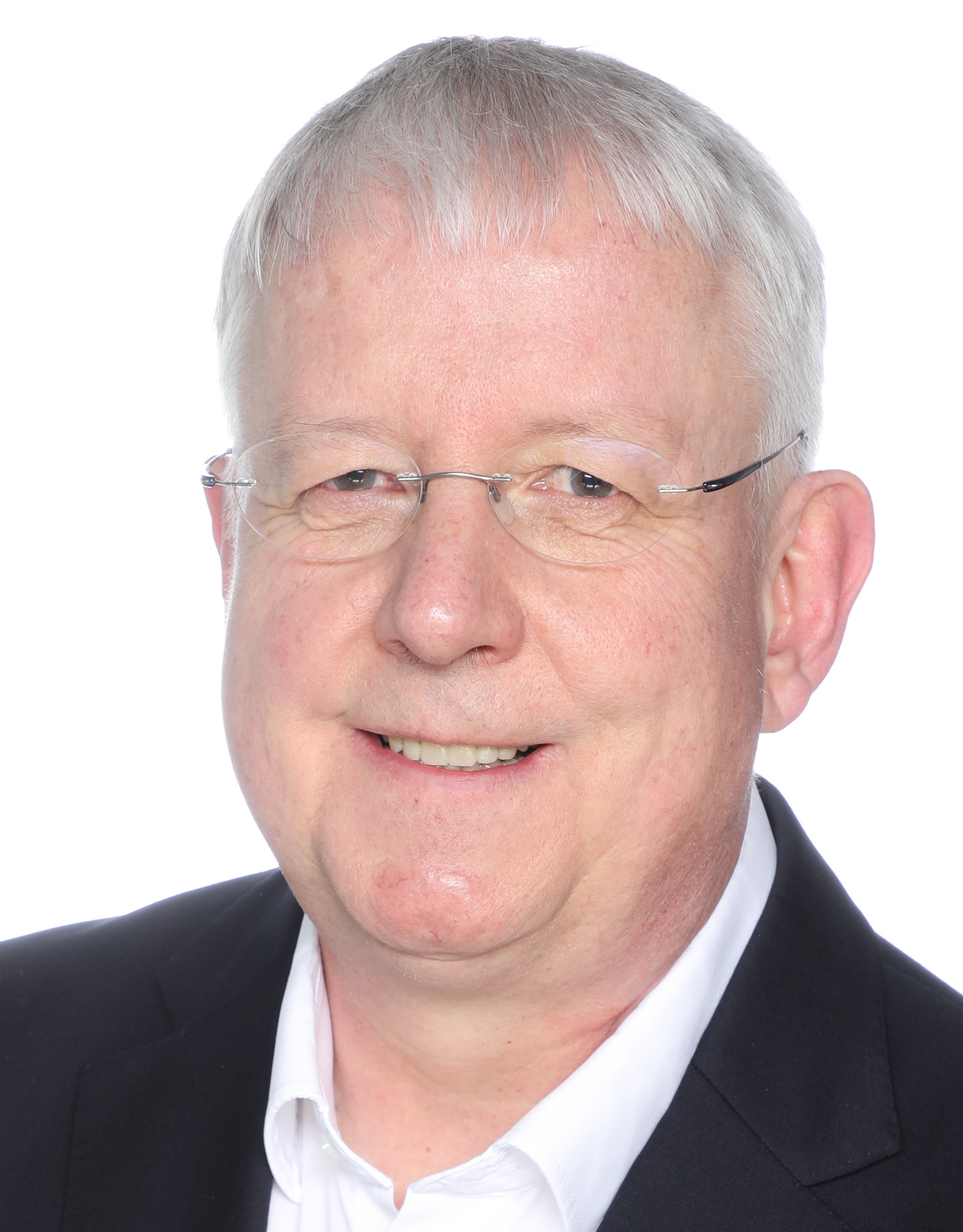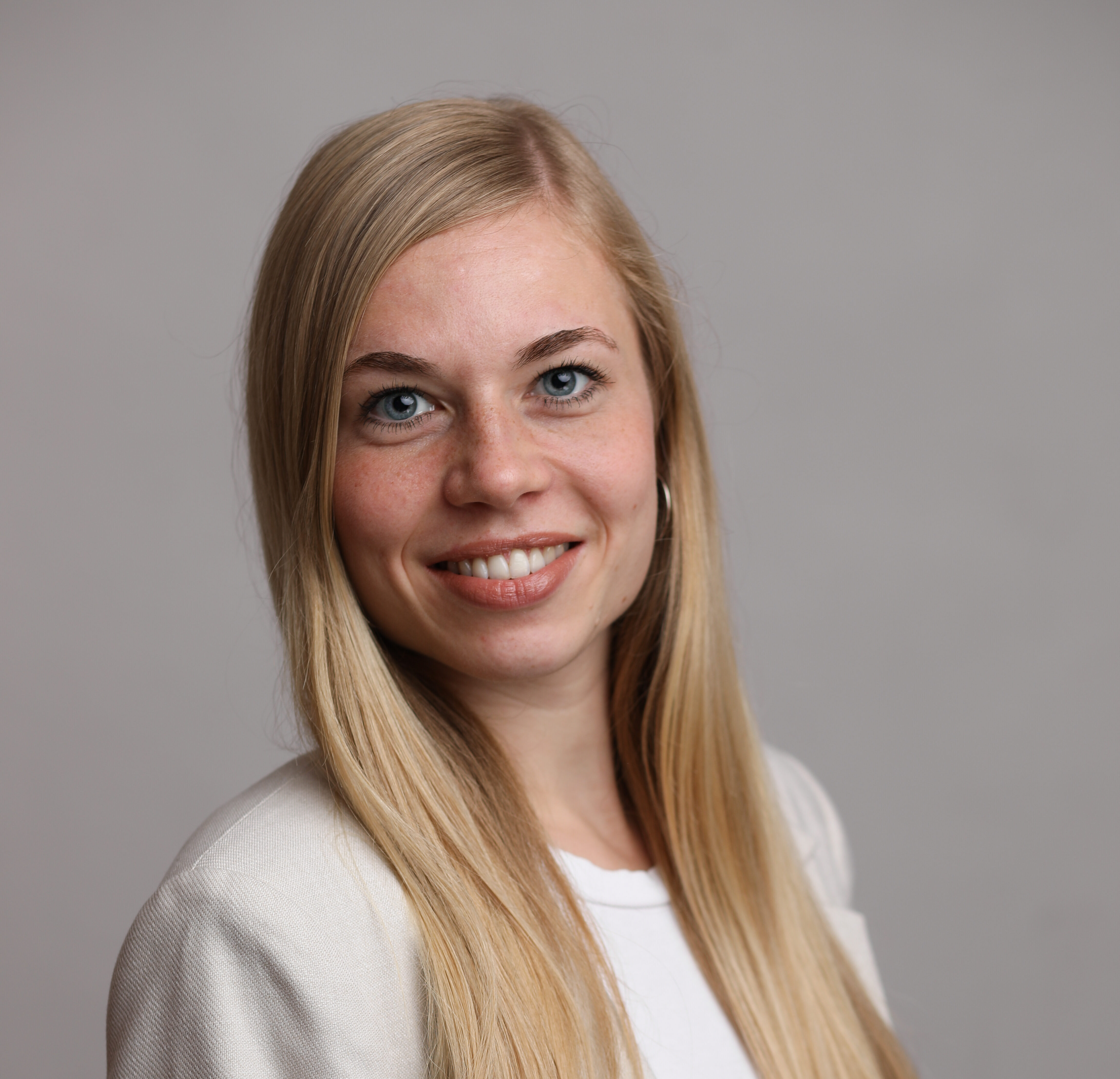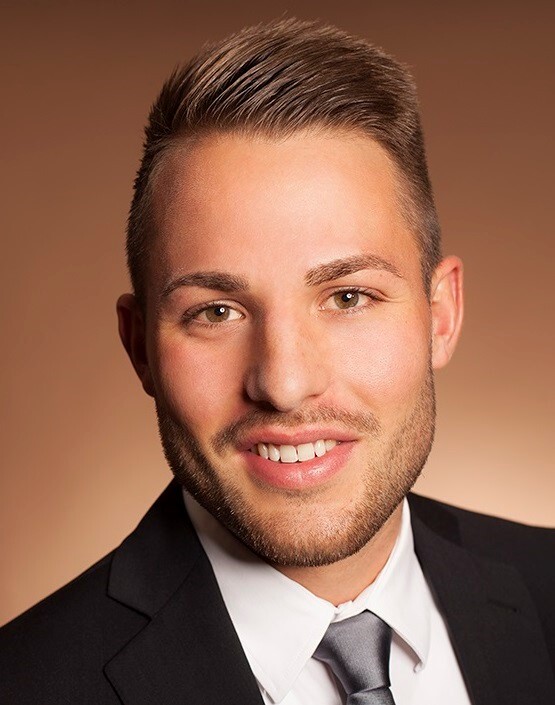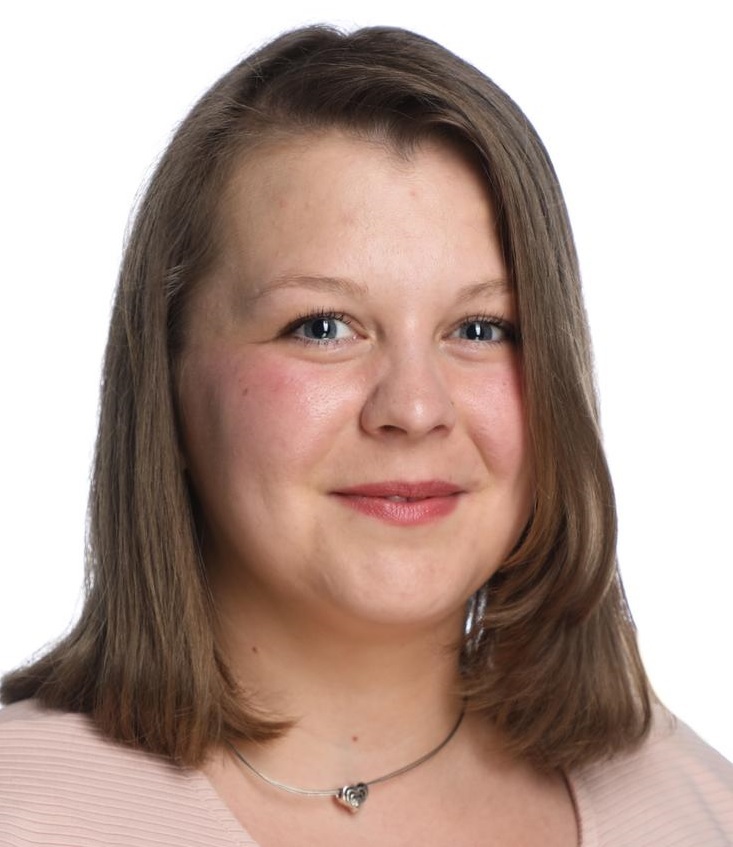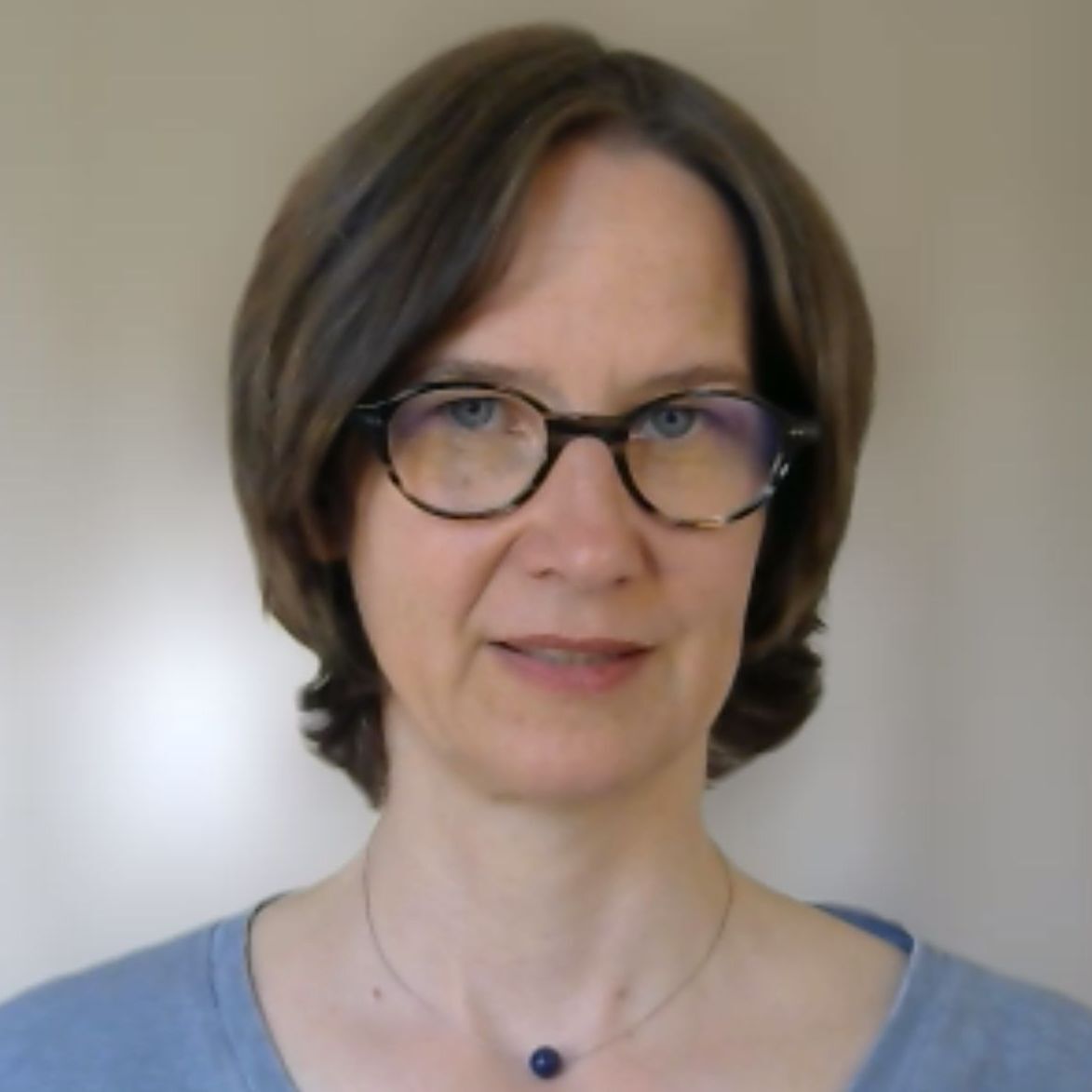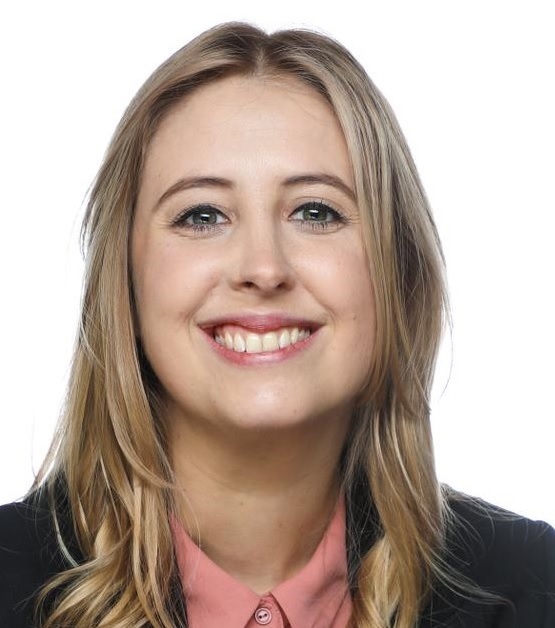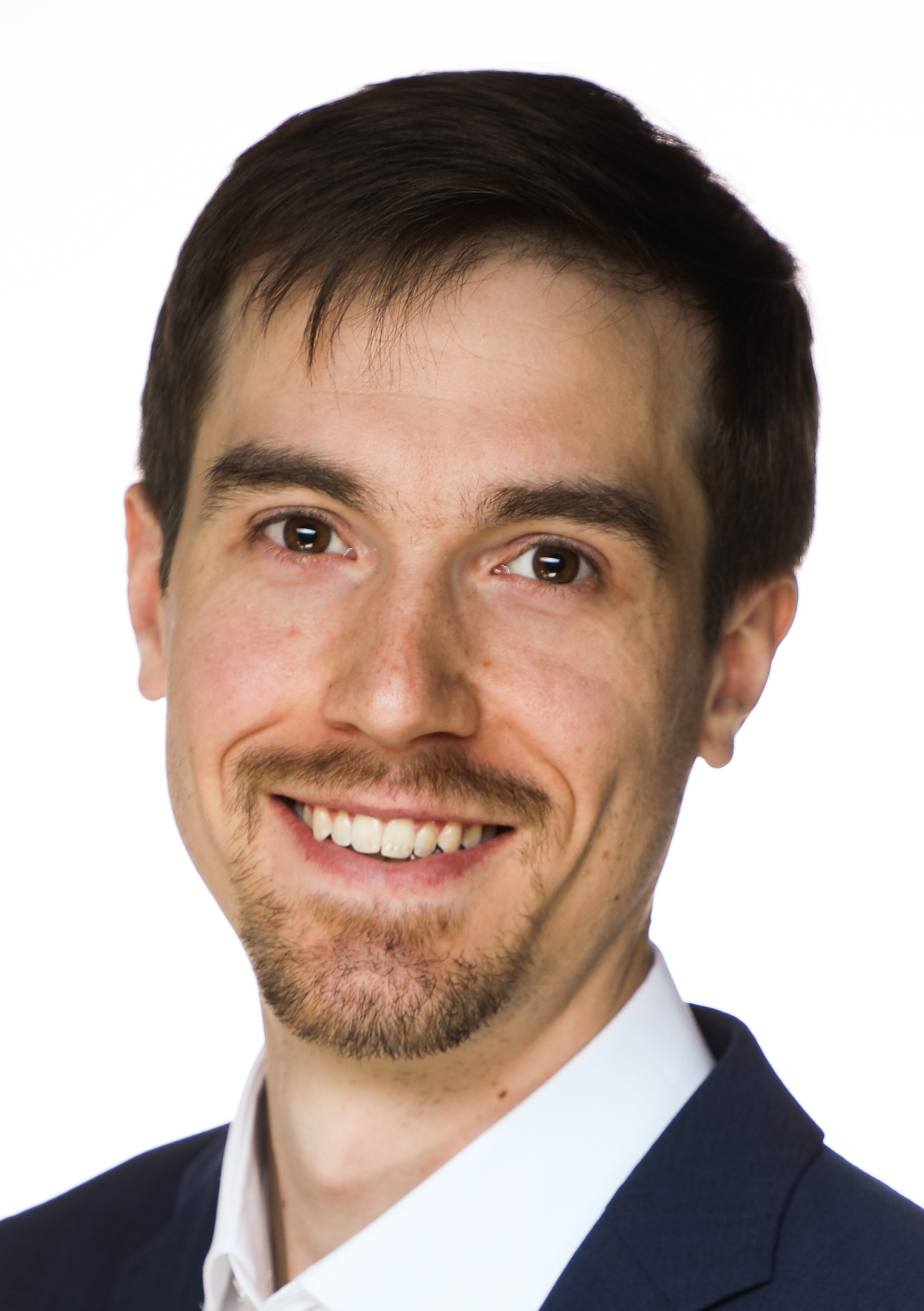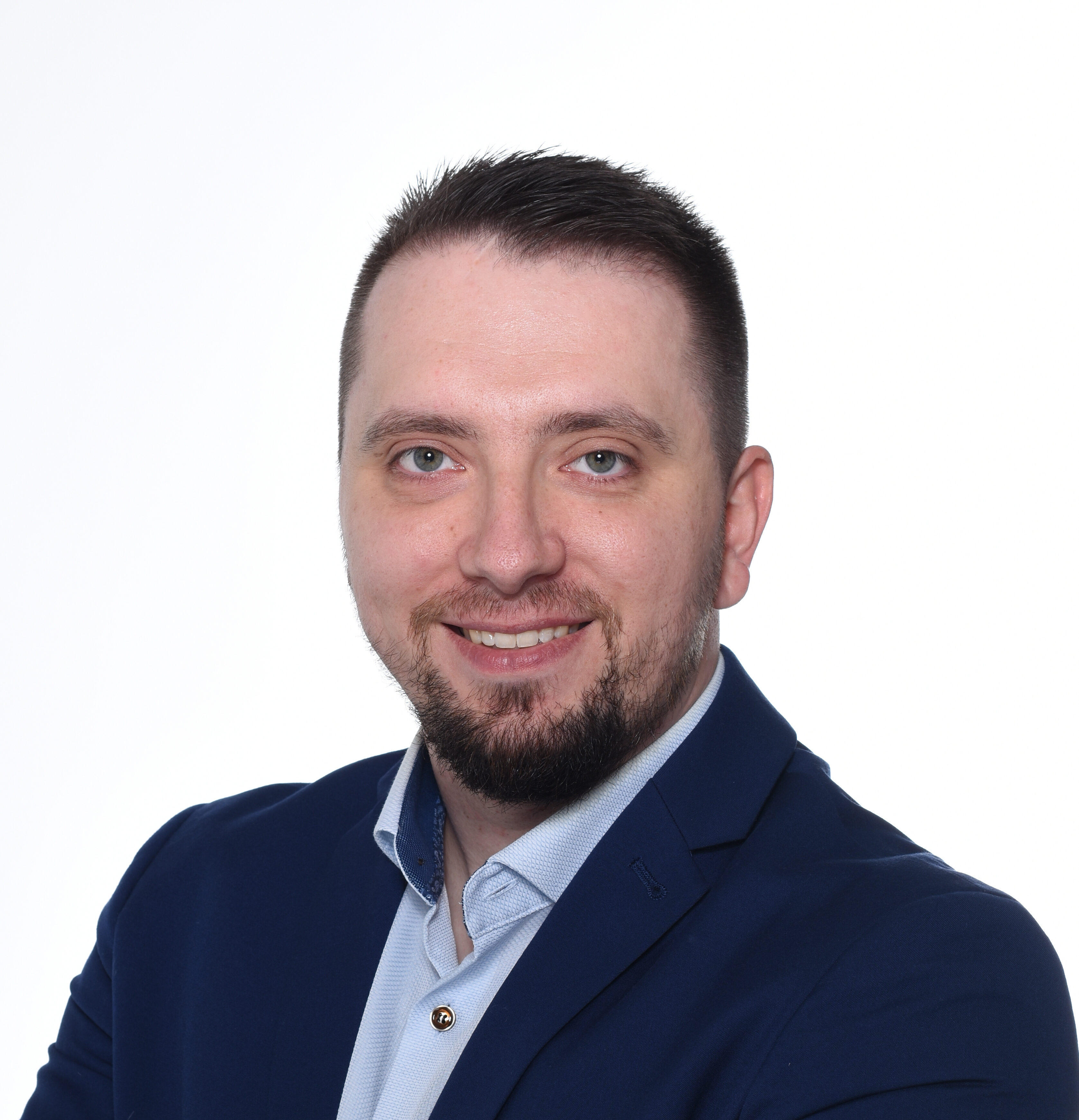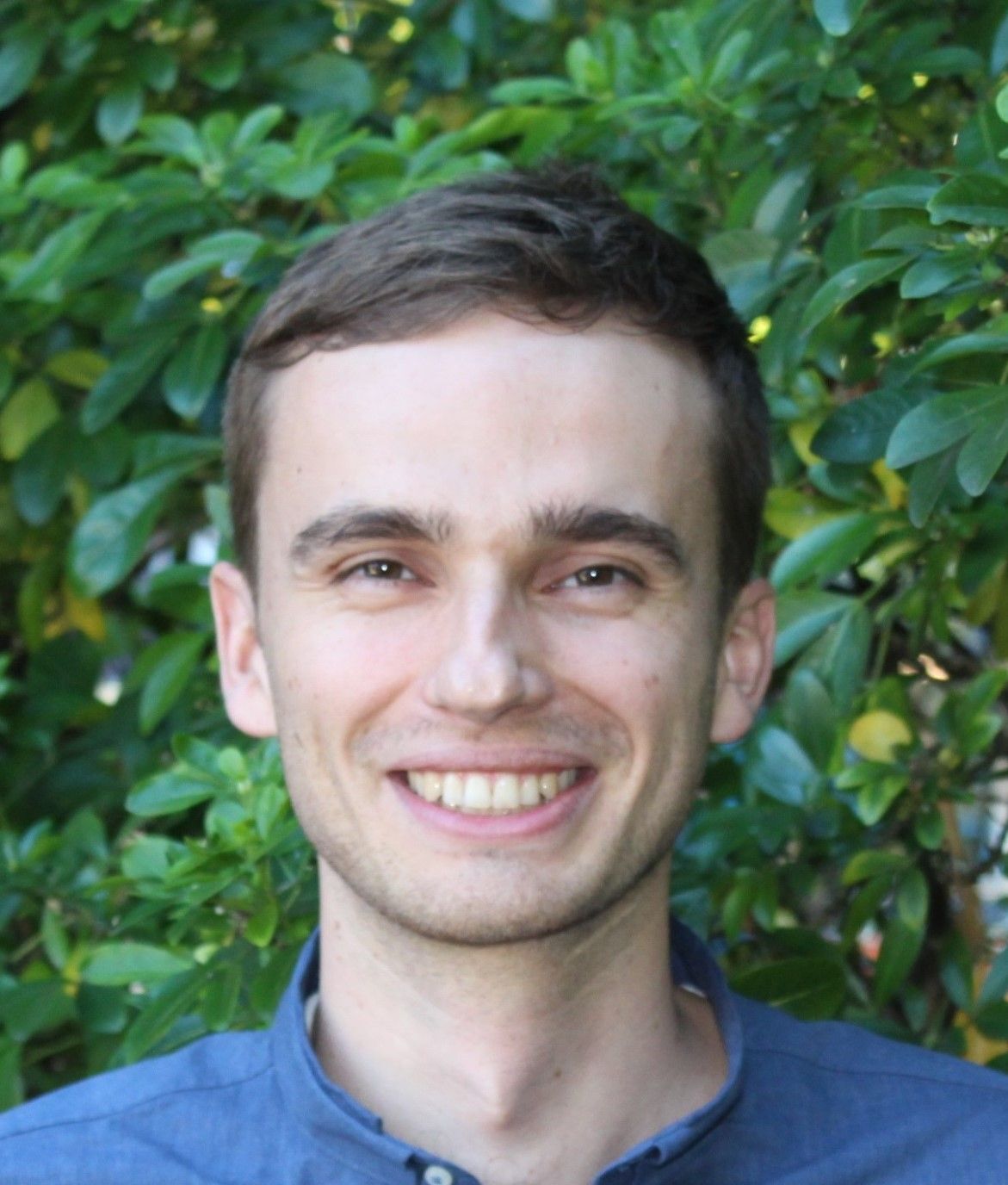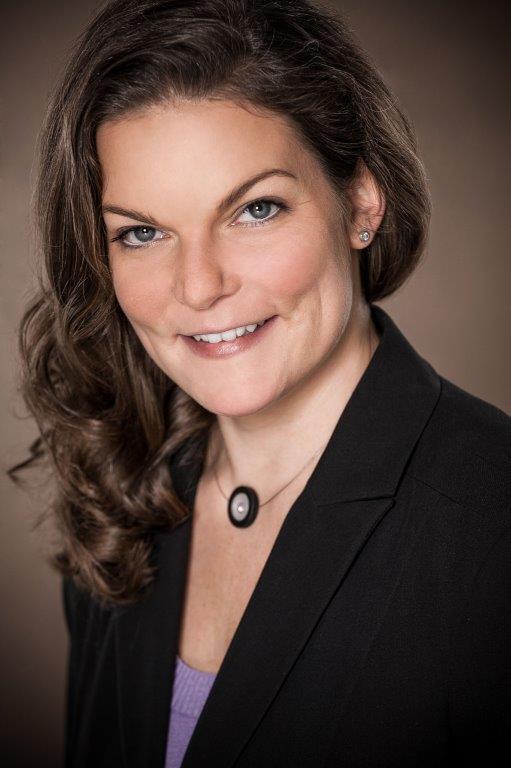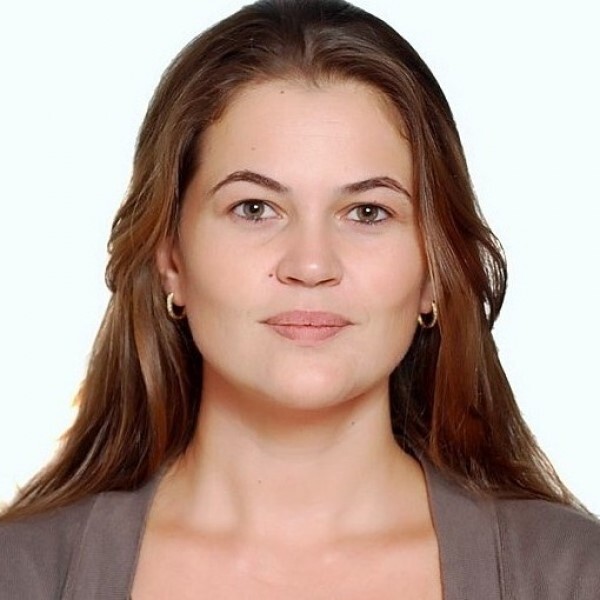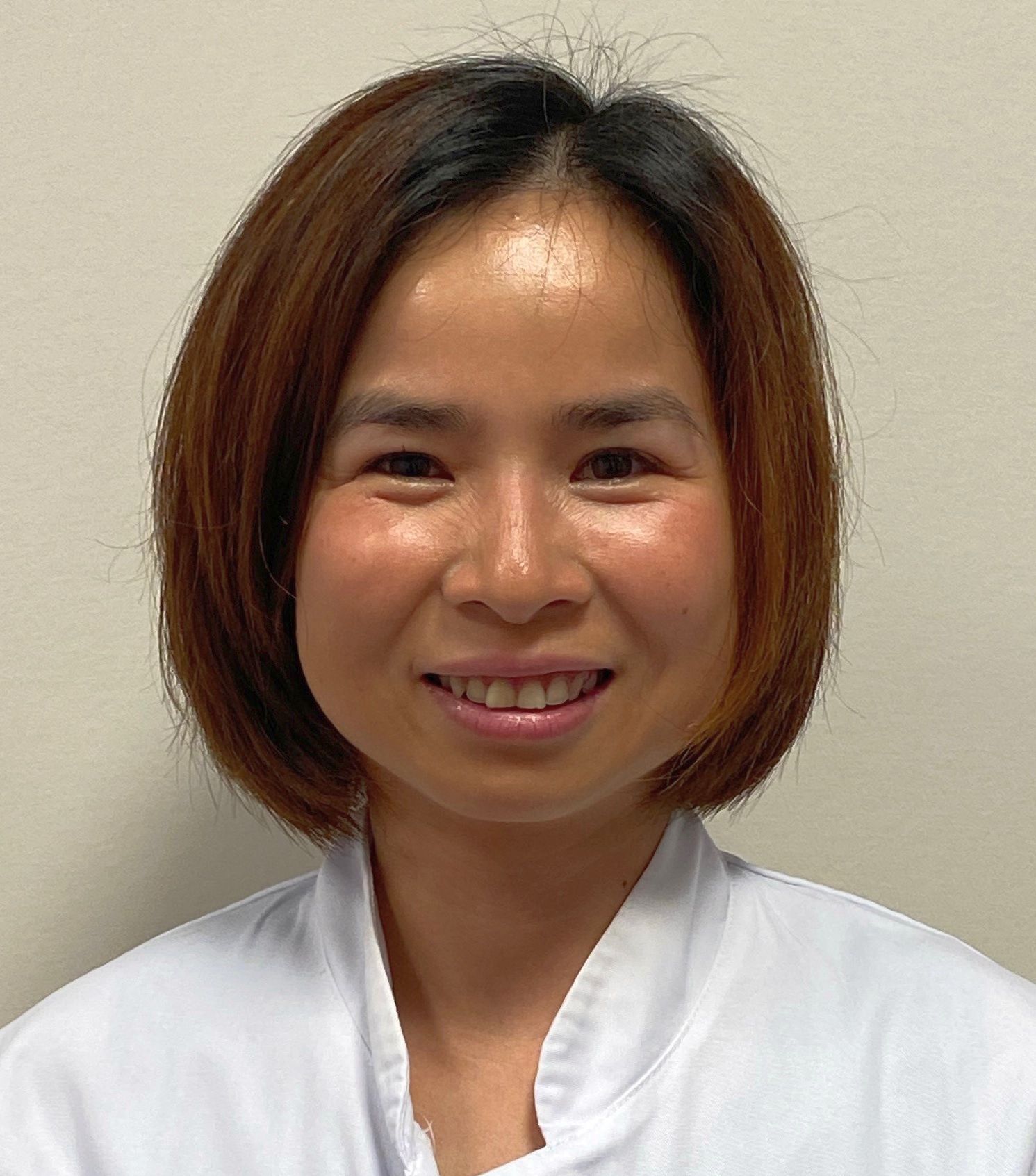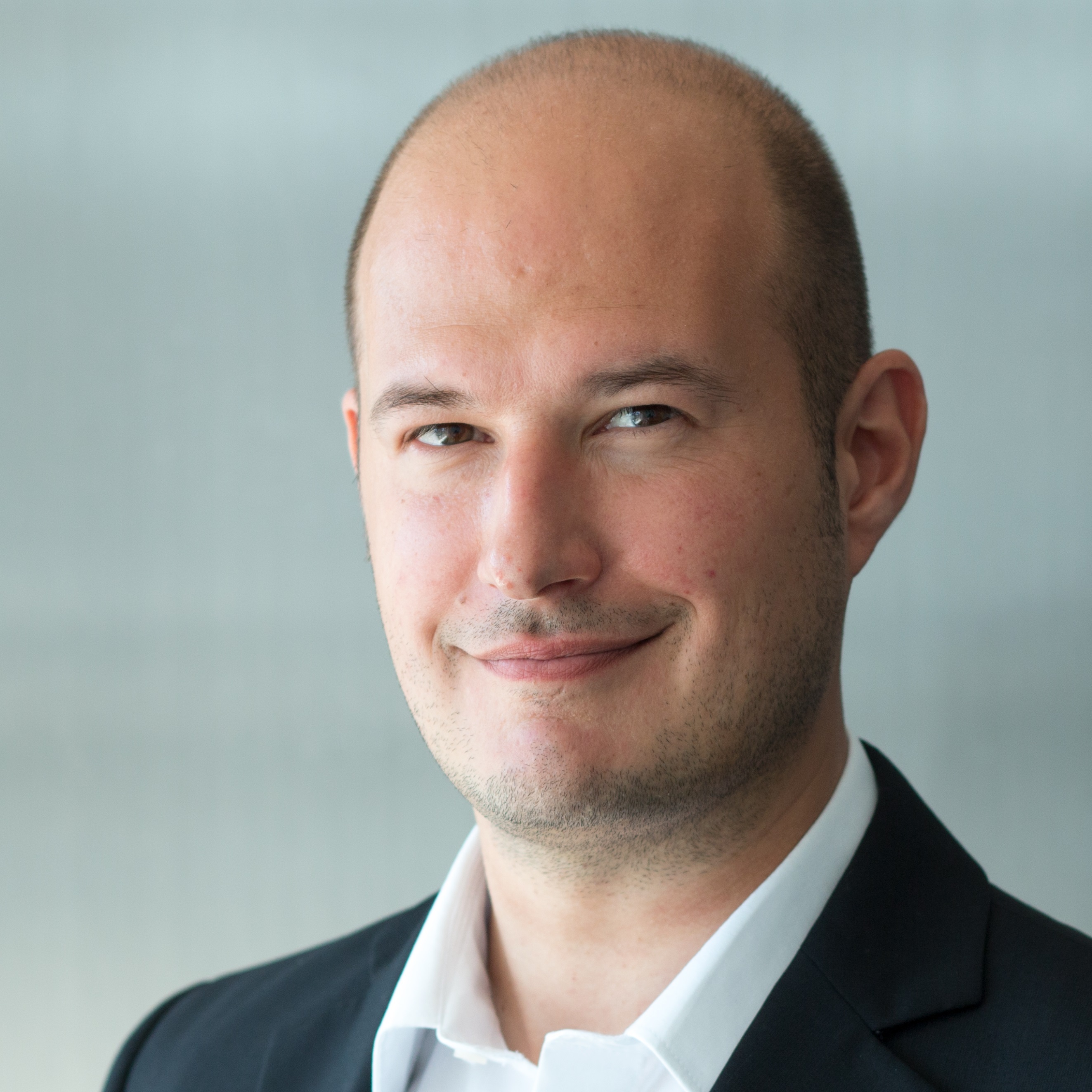
Wir treiben Innovationen voran. Damit die Welt von morgen schon heute passiert.
GIZ
Das globale Förderprogramm Klinikpartnerschaften wird von dem Bundesunternehmen GIZ – Deutsche Gesellschaft für Internationale Zusammenarbeit (GIZ) GmbH – durchgeführt. Das GIZ-Team der Klinikpartnerschaften arbeitet überwiegend in Bonn und Eschborn. Als Dienstleisterin für internationale Zusammenarbeit, nachhaltige Entwicklung und internationale Bildungsarbeit der Bundesregierung engagiert sich die GIZ weltweit für eine lebenswerte Zukunft. Gemeinsam mit ihren Auftraggebern und Partner*innen entwickelt und plant sie Ideen für politische, gesellschaftliche und wirtschaftliche Veränderungen und setzt sie mit ihnen um. Die GIZ arbeitet an wirksamen und effizienten Lösungen, die Menschen Perspektiven bieten und deren Lebensbedingungen dauerhaft verbessern.
Das GIZ-Team des Förderprogramms Klinikpartnerschaften ist verantwortlich für die Ausschreibung der Förderrunden, die Abwicklung der Förderung und die fachlich-inhaltliche Beratung. Es begleitet die Partner*innen bei der Umsetzung ihrer Projekte. Darüber hinaus ist es für die Öffentlichkeits- und Netzwerkarbeit zuständig.
Aktuell sind rund 22.000 GIZ-Mitarbeiter*innen in 120 Ländern tätig, darunter 70 Prozent als nationale Mitarbeiter*innen in den Partnerländern. Als anerkannte Trägerin des Entwicklungsdienstes entsendet die GIZ als eine von sieben deutschen Organisationen weltweit Entwicklungshelfer*innen (mehr Informationen über die Arbeitsgemeinschaft der Entwicklungsdienste e.V.). Darüber hinaus vermittelt das Centrum für internationale Migration und Entwicklung (CIM), eine Arbeitsgemeinschaft aus GIZ und der Bundesagentur für Arbeit, Fachkräfte an lokale Arbeitgeber*innen in den Einsatzländern.
Team
Das Team des GIZ-Förderprogramms Klinikpartnerschaften
Wir sind Expert*innen aus den Bereichen Medizin, Public Health, Kommunikation, Projektmanagement und Finanzen/Administration.
Auftraggeber
Das „Förderprogramm Klinikpartnerschaften – Partner stärken Gesundheit“ wurde im September 2016 vom Bundesministerium für wirtschaftliche Zusammenarbeit und Entwicklung (BMZ) gemeinsam mit der Else Kröner-Fresenius-Stiftung (EKFS) initiiert. Es ist eingebettet in die Agenda der Ziele für Nachhaltigkeit der Vereinten Nationen („Sustainable Developement Goals“ - SDGs), speziell Nr. 3 und Nr. 17.
Die Bundesregierung ist weltweit die drittgrößte staatliche Geberin im Gesundheitsbereich. Sie setzt sich dafür ein, dass Gesundheitssysteme als zentrales Element zur Prävention von Gesundheitskrisen, zur Reduzierung der Mütter- und Kindersterblichkeit und zur Bekämpfung übertragbarer Krankheiten wie HIV/AIDS und Tuberkulose gestärkt werden. Zudem hat sie die Pandemiebekämpfung seit Ausbruch des Corona-Virus 2020 auf ihre Agenda gesetzt. Medizinische Fachkräfte spielen dabei eine bedeutende Rolle.
Die Else Kröner-Fresenius-Stiftung (EKFS) blickt auf eine lange Tradition gesellschaftlichen Engagements im medizinisch-humanitären Bereich. Mit ihrer Expertise fördert sie seit 1983 Projekte zu Forschung und Entwicklung. Ziel der Stiftung im medizinisch-humanitären Bereich ist es, die Gesundheitsversorgung von Menschen in Ländern niedrigen und mittleren Einkommens nachhaltig zu verbessern. Neben direkter medizinischer Hilfe für Patient*innen und Maßnahmen zur Verbesserung der medizinischen Infrastruktur vor Ort unterstützt die Stiftung auch medizinische Aus- und Weiterbildungsprojekte in Afrika, Asien und weiteren Teilen der Welt. Die Stiftung schreibt jährlich Preise und Stipendien sowie Sonderausschreibungen aus - siehe dazu "Ausschreibungskalender".
Strategisch unterstützt wird das Programm Klinikpartnerschaften vom Bundesministerium für Gesundheit (BMG) und der Weltgesundheitsorganisation (WHO). Es ist Mitglied in der internationalen ESTHER-Allianz, in der sich zahlreiche Länder zu institutionellen Gesundheitspartnerschaften fachlich austauschen.
